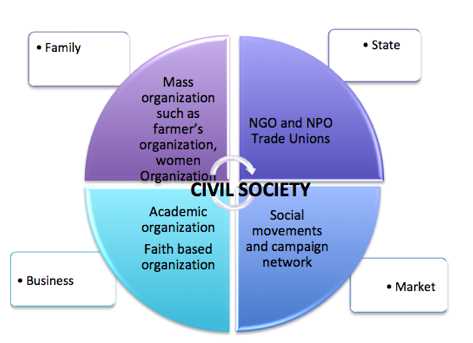Civil society is a system of social institutions that are neither state-run nor ruled by a dictator. The term 'civil society' was coined in the 19th century, when it became apparent that monarchies and dictatorships were beginning to lose their grip on power.
There are many ways that a nation can be corroded by the excesses of civil society.
One of the most common is when the government becomes so large that it begins to take over all functions of civil society. This can happen when the government spends too much money on social programs, or when it taxes citizens too much and then uses the money for political purposes rather than for its intended purpose. Another way that a nation's civil society can be corroded is by using public funds to pay for private donations to political campaigns. The result of this is that political campaigns become more about money than about ideas, which corrodes both democracy and civil society as a whole.

The loss of value can also have an effect on the way citizens relate to each other. When people have nothing left to offer the world except their time or money, they may begin to feel like they don't matter anymore—and this can lead them down a path towards apathy and disinterest in civic life. In today's world, civil society has become so eroded by corruption, propaganda, and subversion that it no longer provides the necessary checks and balances that keep governments accountable to the people they claim to serve. In order to protect civil society from corrosion, it's important for citizens to be informed about what corrodes their rights and freedom as well as what strengthens them.